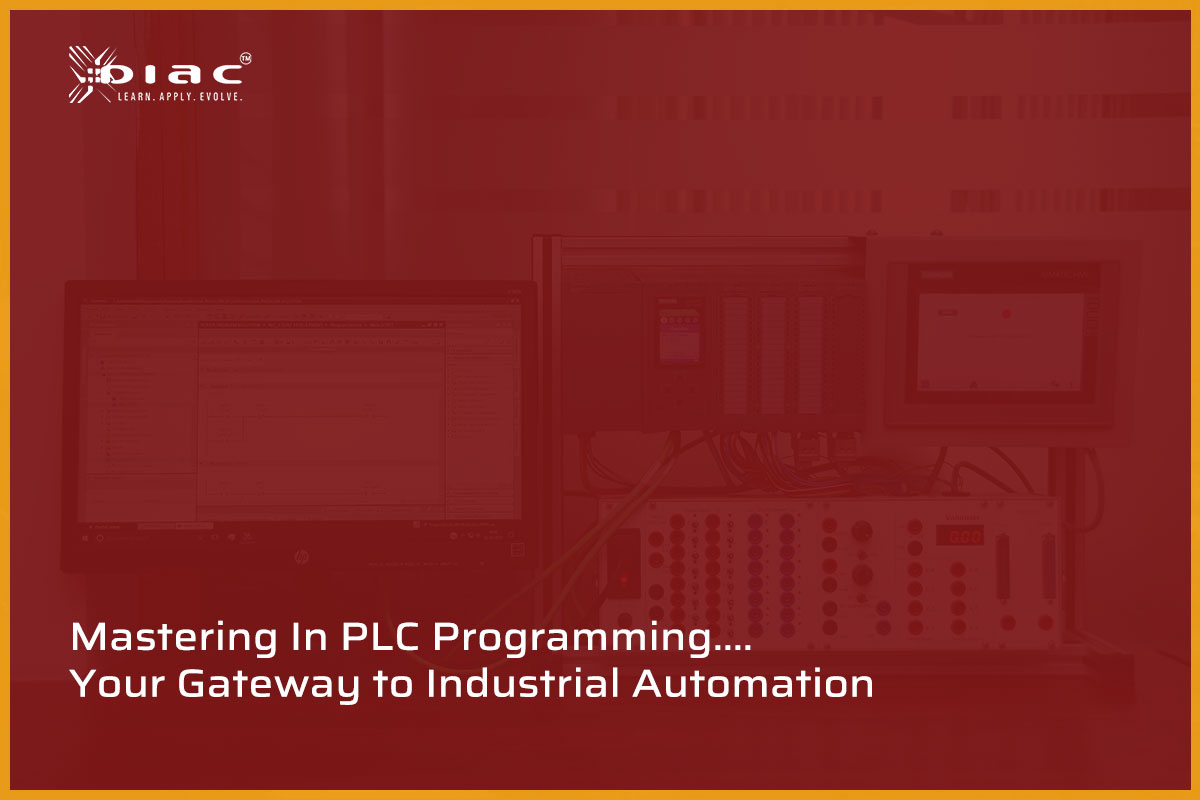Introduction:
In today's rapidly evolving industrial landscape, automation plays a pivotal role in enhancing productivity, efficiency, and safety across various sectors. At the heart of many automation systems lies the Programmable Logic Controller (PLC), a versatile and powerful device that orchestrates the operation of machinery and processes. If you're intrigued by the world of industrial automation and eager to delve into PLC programming, you've come to the right place. In this blog, we'll explore the fundamentals of PLC programming training, its significance in the industry, and how it can pave the way for a rewarding career in automation.
Understanding PLC Programming:
Before we dive into the intricacies of PLC programming training, let's start with the basics. What exactly is a PLC, and why is it so crucial in industrial automation? A PLC is a specialized computer used to control manufacturing processes and machinery. Unlike traditional computers, PLCs are rugged, reliable, and designed to operate in harsh industrial environments.
The Importance of PLC Programming Training:
PLC programming training is essential for anyone aspiring to become proficient in industrial automation. Here's why:
In-Demand Skills: With industries increasingly embracing automation, there's a growing demand for professionals skilled in PLC programming. By undergoing training in this field, you'll position yourself as a valuable asset to potential employers.
Versatility: PLCs are used in a wide range of industries, including manufacturing, automotive, pharmaceuticals, and more. With the right training, you'll have the flexibility to work across different sectors and tackle diverse automation challenges.
Career Growth: PLC programming expertise opens doors to various career opportunities, from automation engineer to control systems technician. As you gain experience and proficiency, you'll have the chance to take on more challenging roles and advance your career.
Key Components of PLC Programming Training:
A comprehensive PLC programming training program typically covers the following components:
Introduction to PLCs: Understanding the basic principles, components, and architecture of PLCs.
Programming Languages: Learning popular PLC programming languages such as ladder logic, function block diagrams, and structured text.
Hands-On Practice: Engaging in practical exercises and projects to apply theoretical knowledge and hone programming skills.
Advanced Concepts: Exploring advanced topics like data handling, networking, PID control, and HMI/SCADA integration.
Troubleshooting Skills: Developing the ability to diagnose and rectify faults in PLC systems through systematic troubleshooting techniques.
Conclusion:
In conclusion, PLC programming training is a gateway to a promising career in industrial automation. Whether you're a recent graduate seeking to enter the field or a seasoned professional looking to upskill, investing in PLC programming training can open up a world of opportunities. By mastering the art of PLC programming, you'll become an indispensable asset in the realm of automation, driving efficiency, innovation, and success in the industries of tomorrow.

Post A Comment